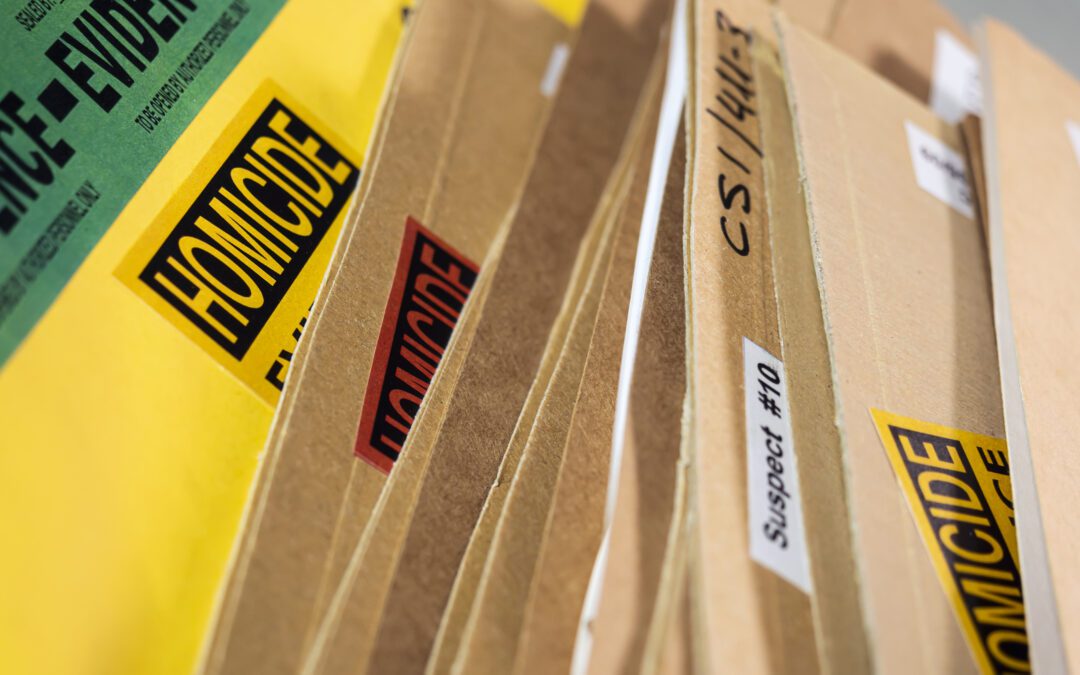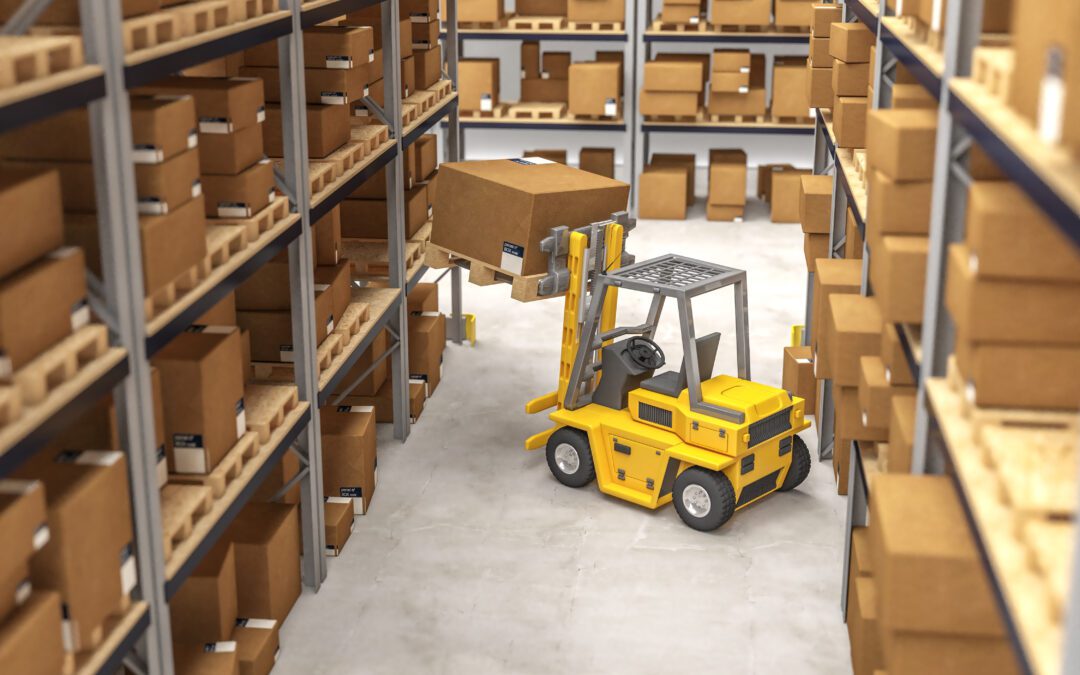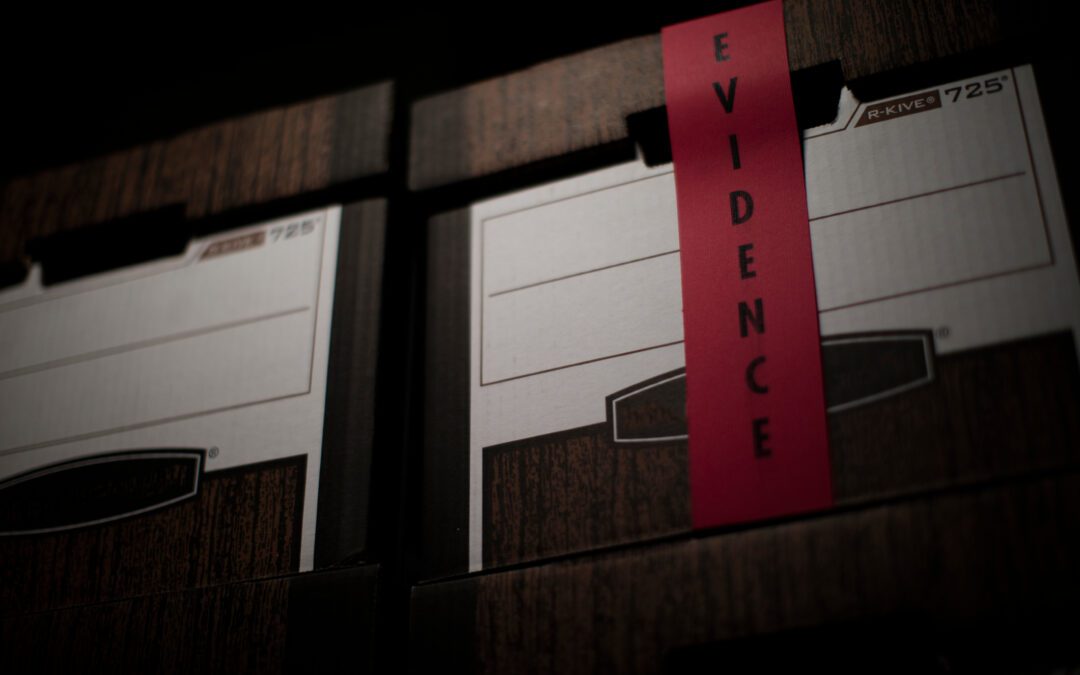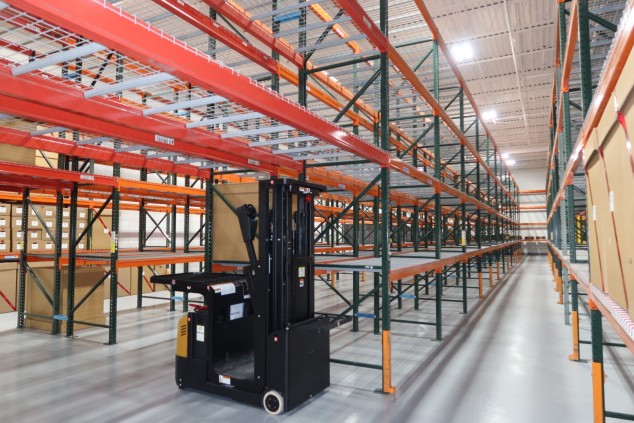
Unveiling Hidden Issues: How Regular Audits Identify Operational Challenges in Evidence Rooms
While patrol functions, SWAT Teams, and major crime investigations are often in the limelight of a police department’s operations, back at the station is a facility and personnel who will probably never be featured on a station tour. However, the role they play in the prosecution of criminal suspects is just as important as those in the daily news. Complex operating standards guide its personnel and the facility itself, and if not adhered to, the work of scores of other officers may be for naught.
Law enforcement property and evidence room operations are held to the highest level of accountability. Many police agencies utilize outside evidence management experts to conduct audits of their evidence rooms. Doing so puts neutral eyes on the evidence room functions and may be especially valuable when examining adherence to standard operating procedures by evidence room personnel.
This piece discusses how regular evidence room audits can uncover operational challenges so the agency can address them.
1. FACILITY SECURITY
Evidence rooms must be secure and access limited to authorized personnel. Over time, facilities and their equipment age. Audits will inspect the facility itself to ensure it remains secure. This includes checking surveillance, access control, and alarm systems for functionality. Maintaining a secure facility is a baseline requirement for evidence integrity. The agency can quickly address any discrepancies found during an audit.
2. EVIDENCE ROOM INVENTORY
It’s a fact. Most evidence rooms in use today weren’t designed to handle the volume of evidence they have on hand. Many evidence rooms have become disorganized even as personnel do their best to store all the evidence entrusted to them. Making matters worse is that evidence comes in all shapes, sizes, and storage requirements. In this environment and over time, items can become misplaced or even lost. Regular audits identify misplaced items so they can be promptly located. Verifying the status of an agency’s evidence inventory is one of the most valuable aspects of an audit. Doing so allows evidence room personnel to take the action required to rectify the situation, ensuring chain of custody is maintained, and all evidence is appropriately stored.
3. LEGAL AND OPERATING STANDARDS
Maintaining evidence so that it is admissible in court is a big part of why evidence rooms exist. Personnel must maintain a verified, unbroken chain of custody record for each piece of evidence stored in their facilities. Auditors verify that evidence room personnel follow the standards and laws governing evidence management in their facilities – including proper chain of custody documentation. Any discrepancies can be a basis for the evidence being ruled inadmissible in court. Audits can reveal anomalies in documentation or procedures so the agency can promptly correct them.
4. POLICY COMPLIANCE
Law enforcement has strict policies and procedures governing evidence management. Regular audits include a review of these policies and procedures comparing them to how personnel complete their daily tasks. Auditors ask: Is their work in compliance with the agency’s policies? Noncompliance issues can be raised in court and jeopardize the admissibility of evidence at trial. While retraining personnel can address noncompliance issues, discrepancies can also reveal the need to update policies and procedures to reflect modern best practices.
5. DOCUMENTATION
There are many steps in properly documenting evidence collection, handling, movement, storage, and retrieval. And every one is critical in the evidence management process. Evidence room personnel are highly trained and understand the role proper documentation plays in their operations and the admissibility of evidence at trial. However, mistakes can and do happen occasionally. Auditors scrutinize the documentation process and physically inspect the evidence to ensure labeling, inventory logs, and other pieces of the documentation puzzle are accomplished and maintained according to policy, standards, and the laws governing them. Again, any issues identified can then be corrected by agency personnel.
6. RESOURCES AND EFFICIENCY
Regular audits, especially those conducted by outside experts, take a deep dive into the operations and systems’ functionality in their client’s property and evidence rooms. Checking the physical plant and security infrastructure is an obvious benefit of an audit, but they also reveal inconsistencies and inefficiencies in workflows that can hinder daily operations. Some of these inconsistencies may be from a deviation in the standards of evidence management. Others may reveal procedures that have become slow, ungainly, or near-impossible to adhere to due to the overwhelming amount of evidence that needs to be handled. The causal factors of this inefficiency can be a need for more resources, including personnel resources, supplies, and space within the evidence room, among others. Audits identify these issues, and some, such as noncompliance with standards, must be addressed to preserve the integrity of the evidence for later use at trial. Other problems may require a shift in or additional resources to be rectified.
A lack of resources and efficiency are two primary reasons law enforcement agencies seek help from the private sector. There are only a handful of professional private providers across the country, but they offer long-term evidence storage solutions for law enforcement agencies. These companies have former police evidence management experts on staff with facilities large enough to handle evidence storage well into the future. Another benefit offered is audits. Their experts conduct thorough audits to help law enforcement operate and maintain their evidence rooms according to modern best practices.
SUMMARY
Regular audits of police property and evidence rooms are not “nice to haves;” they are “must-haves” for today’s law enforcement agencies. Audits identify anomalies in security, inventories, standards compliance, documentation, operational efficiency, and resource allocation. These must be maintained and regarded as standard operating procedures in evidence management. The failure of just one aspect in the evidence management process can be challenged, resulting in the inadmissibility of evidence or having an entire criminal case dismissed in court. Finding and fixing problems in evidence room operations via the auditing process allows law enforcement agencies to maintain the integrity of the evidence on hand and improve their operations in the future. Many agencies have turned to the private sector’s long-term evidence storage solutions, finding them a cost-effective answer to their lack of resources while providing professional audit services as well.
FORTRESS PLUS SOLUTIONS
Fortress Plus Solutions provides safe, secure, documented transportation, handling, and storage of evidence and property for the long term. If your items require special storage conditions – we provide that. In addition, we offer evidence room audits to help law enforcement maintain best practices and accurate and up-to-date inventory records. In our blog, we post informative articles about privatized long-term storage and the auditing process. To learn more about our services, click here.





